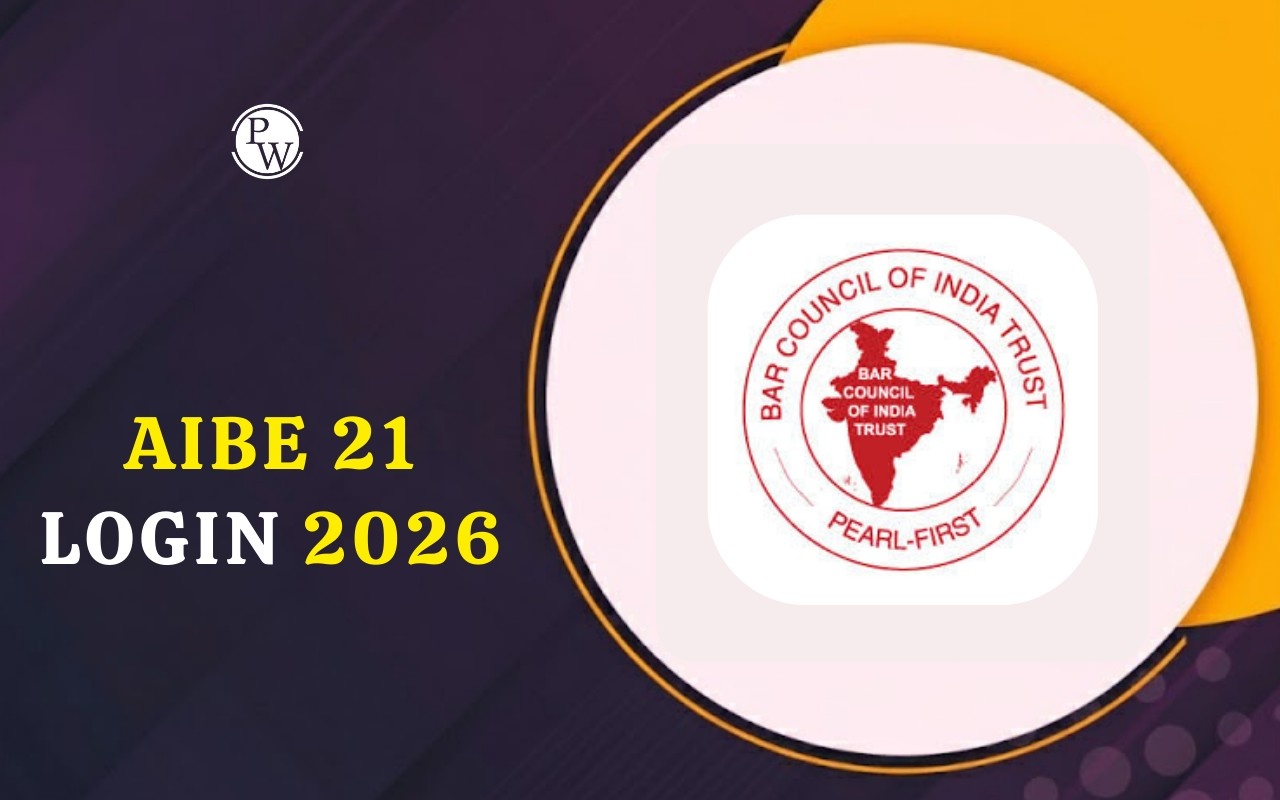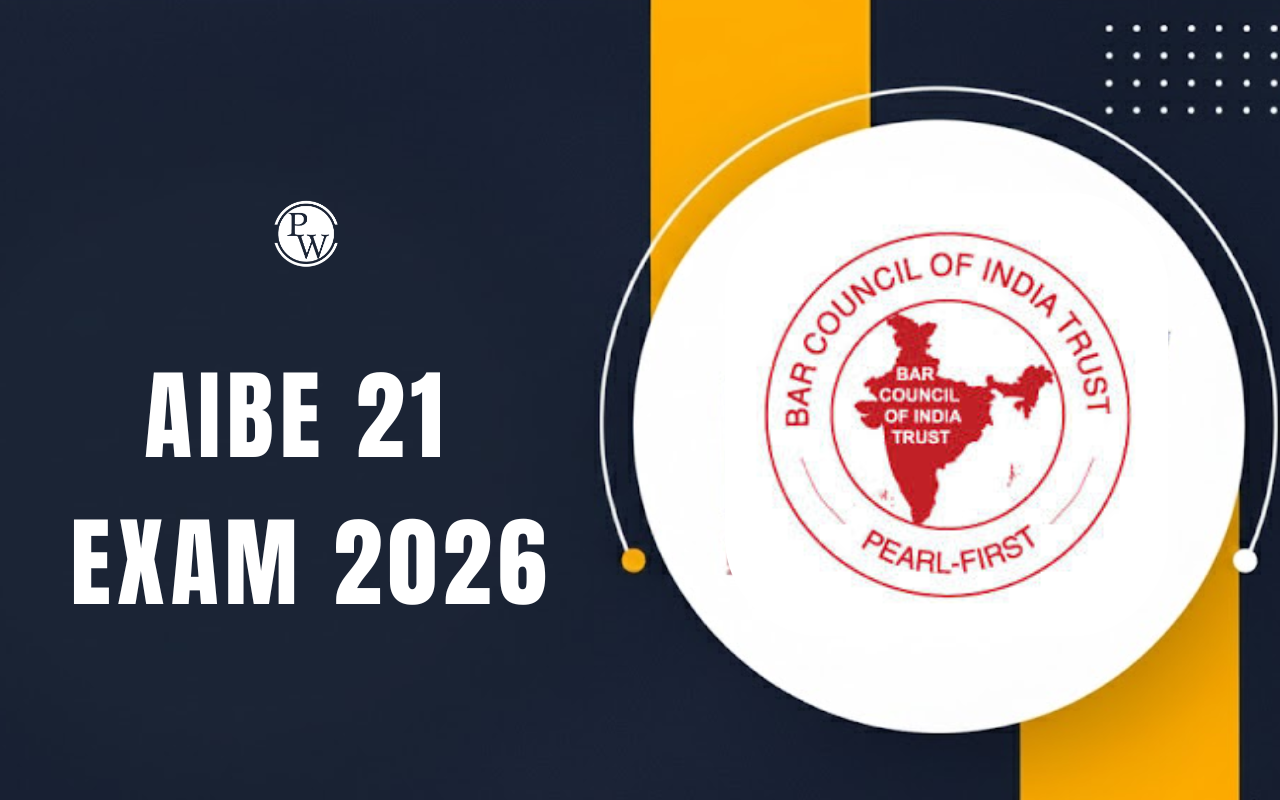
Three New Criminal Laws in India: The Three New Criminal Laws in India, namely BNS, BNSS, and BSA will bring about a lot of changes in the existing criminal laws. There have been a lot of revisions from time to time in the three criminal laws of the country, since independence. But now these criminal laws need serious changes. According to Amit Shah, the Union Home Minister, the new sanhitas demonstrated the laws framed by Indians for Indians. These new laws are necessary to deal with the modern problems of the country.
What are Three New Criminal Laws in India? Overview
The three new criminal laws in India are the Bhartiya Nyaya Sanhita (BNS), the Bhartiya Nagarik Suraksha Sanhita (BNSS), and the Bhartiya Sakshya Adhiniyam (BSA) . The laws were passed in the Parliament last December and were implemented on 1st July 2024. These new criminal laws replace the existing Criminal Procedure Code, the Indian Evidence Act, and the Indian Penal Code (IPC). As per some experts, these laws will not overshadow the existing criminal laws, instead, they will bring the required changes necessary to deal with modern-day issues of the country.The Bhartiya Nyaya Sanhita (BNS)
The Bharatiya Nyaya Sanhita (BNS) is one of the three new criminal Law code enacted by the Government of India to replace the Indian Penal Code (IPC) of 1860 . The New criminal Laws in India aims to modernize and streamline the criminal justice framework in India by addressing contemporary legal and social needs. This overhaul is part of a broader legal reform initiative designed to make the criminal justice system more effective, equitable, and accessible.Bhartiya Nyaya Sanhita (BNS) includes revising laws related to cybercrimes, sexual offenses, and white-collar crimes. As per Clause 69 of the BNS, the penalty for sexual intercourse that is done via the employment of "deceitful means" is imprisonment from up to 10 years, along with a fine. Here, the term deceitful comprises false promises of employment or promotion, inducement, or marrying after suppressing identity. Clause 103 of the BNS brings about a significant change with respect to the recognition of murder on grounds of caste, race, community, or race. The murder will be regarded as a distinct offense. The Bhartiya Nyaya Sanhita (BNS) can now make sure that crimes like these get the legal recognition required.
How to Become High Court Judge
The Bhartiya Nagarik Suraksha Sanhita (BNSS)
The Bhartiya Nagarik Suraksha Sanhita (BNSS) replaces the Criminal Procedure Code, 1973 which offers procedures for bail, arrest, and prosecution. It represents a major overhaul in India's approach to criminal justice, focusing on enhancing the protection of citizens and modernizing the legal framework governing public safety. The new law introduces stringent provisions for offenses related to public order disturbances. BNSS updates and expands the definition of criminal activities to align with the modern realities, including emerging threats like cybercrimes and technological abuse.Forensic investigation is mandatory for offenses punishable with an imprisonment term of 7 years or even more, as per BNSS. Forensic experts have to be present at the crime scenes to record the process and gather forensic evidence. All the trials, proceedings, and inquiries will be done in electronic mode. For the purpose of investigation, trial, or inquiry, the production of electronic communication devices will be permitted.
The Bhartiya Sakshya Adhiniyam (BSA)
The Bhartiya Sakshya Adhiniyam (BSA) represents a transformative step in India's legal landscape, focusing on modernizing and streamlining the evidence laws to ensure fair and efficient judicial processes. It replaces the Indian Evidence Act. The BSA incorporates provisions for digital evidence, including electronic records and communications, which were previously inadequately covered. The law establishes clearer criteria for what constitutes admissible evidence aiming to reduce ambiguities and ensure that only relevant, reliable, and legally obtained evidence is presented in the court. The BSA places significant emphasis on the protection and support of witnesses and victims. It includes measures to ensure their safety, and privacy, such as provisions for anonymous testimony in certain cases and enhanced security protocols. Another important change that the New criminal laws in India, Bhartiya Sakshya Adhiniyam brings is to expansion of the "secondary evidence". Now, both written and oral admissions will be coming under the ambit of secondary evidence.What is Transfer of Property Act 1882
Three New Criminal Laws in India: Key Points
The important key points of the three New Criminal Laws in India are as follows.- The Bhartiya Nyaya Sanhita (BNS), Bhartiya Nagarik Suraksha Sanhita (BNSS), and the Bhartiya Sakshya Adhiniyam (BSA) were implemented on 1st July 2024.
- The three new criminal laws in India replace the old Indian Penal Code, Indian Evidence Act, and Criminal Procedure Code to tackle the modern-day issues of the country.
- The BNSS makes forensic investigation mandatory and digitalizes the legal processes.
- The BNS defines new crimes.
- The BSA ensures that the evidence is handled by electronic and digital records . It ensures that fair proceedings take place in sensitive matters.
How to Understand Three New Criminal Laws in India?
Understanding India's new criminal laws in India i.e., Bhartiya Nyaya Sanhita (BNS), Bhartiya Nagarik Suraksha Sanhita (BNSS), and Bhartiya Sakshya Adhiniyam (BSA), involves recognizing their distinct yet interconnected roles within the modern legal framework. Together, these laws represent a comprehensive overhaul of India's criminal justice system, focusing on modernization, efficiency, and fairness. The BNS addresses substantive criminal law, the BNSS focuses on public safety, and the BSA reforms evidence handling, collectively aiming to improve the legal process and ensure justice in today's context.Gain a deeper understanding of court procedures, case analysis, and legal reasoning through our specialized judiciary courses available at the best judiciary coaching in Delhi . Prepare for a rewarding career in the judiciary with expert-led courses that blend theory with practical insights into the judicial system.
What are Three New Criminal Laws in India? FAQs
When were the three new criminal laws in India implemented?
What is BSA?
What are the three new criminal laws?
What is the full form of CrPC?










